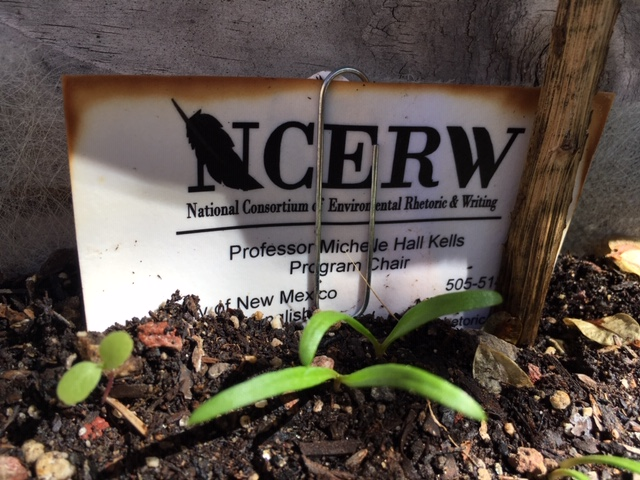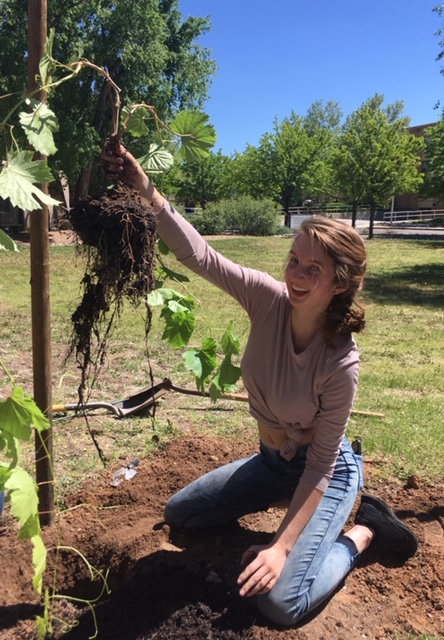Writing the Story of Wine
“Gozarse
uno la carne del alma.”
-Miguel de Unamuno
"Enjoy the flesh of one’s own
soul.”
Human
beings are as much body as soul; like the mystery that makes good wine, body
and soul all in one, a union that renders bold mixtures of physical and
spiritual metaphors as in “gozarse uno la
carne del alma.” --Miguel de Unamuno
Tragic Sense of Life (11).
My
love affair with wine began at the same time in life that I became a
“certified” scholar of rhetoric. The spark of delight and fascination for wine
happened the summer that I crossed the academic threshold as a freshly-minted
PhD of Rhetoric and Composition Studies.
After
completing my doctoral studies at Texas A&M University, I took a journey to
Spain in July 2002. During that trip I discovered a taste for wine. It was first time I truly enjoyed the beauty,
pleasure, and mystery of wine. The epiphany happened in a glass of tinto vino served to me as I was sitting
alone at a table in Sevilla with a plate of bread and cheese and dish of
roasted olives. I fell in love.
The
research journey that took me through the great cities of Madrid, Seville,
Toledo, Cadiz, and Granada that summer to explore the rhetoric of “el edicto de limpiza de sangre” and the
story of the expulsion of the Sephardic Jews and Moors by Spanish monarchs
Isabel and Ferdinand to the New World in 1492 is ultimately what brought me here
today teaching this course on Writing About Wine & Culture.
The
telos of my work in New Mexico as a
professor of rhetorical studies and writing began with a glass of red wine in
2002 and ends here with this course, the outcome of following a passion for
wine, rhetoric, and writing for some seventeen years.
While
on the surface, a course centered on writing about wine may seem a bit
whimsical if not frivolous (and admittedly way too much fun for a college
course), this topic is as rich and complex as any academic subject. The depth
and breadth of wine as a subject of study is far more rigorous and demanding
than any one disciplinary field or scholarly expertise can bring to the
topic. To write about wine necessitates that
we as scholars, writers, and aficionados learn to write across multiple
discourse communities and navigate numerous disciplinary fields.
I
don’t think there is a better single (trope) metaphor for the complex
dimensions of rhetoric and writing than the topic of wine (and its many
disciplinary subfields such as the geography, geology, science, poetry,
literature, history, philosophy, religion, agriculture, archeology, economics, marketing,
art, culinary studies, engineering, sociology, and politics of wine).
Hence
this course “Writing about Wine and Culture” is something like “choose your own
adventure.” It will take us into a lot of territory. None of us are ultimate
“experts” on wine, per se, but we can all be writers about wine.
Raise
your pen, dear students, and let’s make a toast to the academic intricacies and
intellectual possibilities of the Rhetoric of Wine.




Comments
Post a Comment